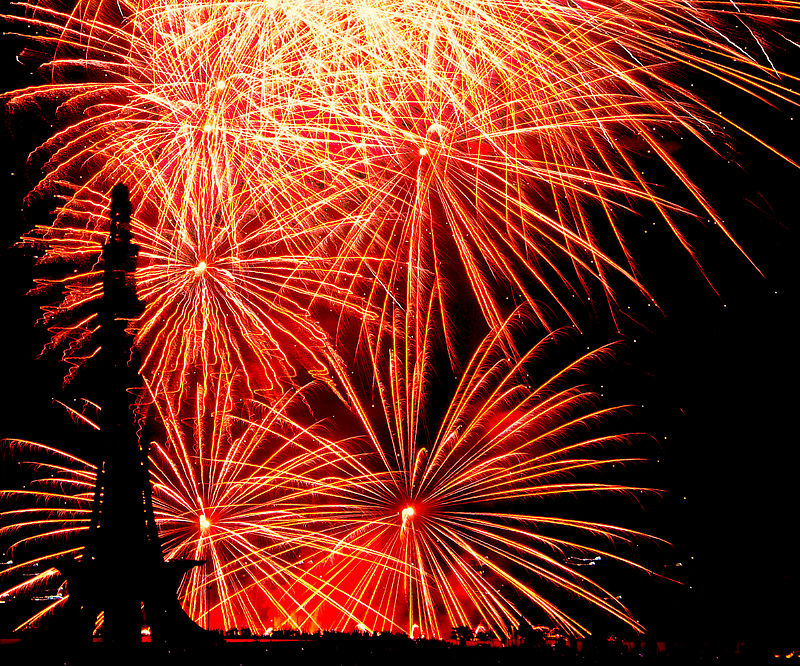On August 14, 1947, Pakistan gained independence from the British Raj. India gained its independence the next day. Britain had controlled the area, then known as British India, since 1858. Their rule was contentious and deepened religious differences between Muslims and Hindus. Increasing unrest and demands for self-rule eventually led Britain towards granting independence.
The Pakistan Movement, a pivotal force that gained momentum in the 1940s, was the catalyst behind the nation’s birth. While the Indian National Congress was formed in 1885, Muslims felt the need for their own representation. This led to the formation of the All-India Muslim League in 1906. Their leader, Muhammad Ali Jinnah, played a crucial role and became Pakistan’s first Governor-general, marking a significant chapter in history.
While many citizens wanted independence, the abrupt split threw the two new nations into chaos. Millions of people were displaced, and Hindus, Muslims, and Sikhs suddenly found themselves separated by newly drawn borders. Religious violence grew and led to tragic massacres. Refugees flooded both countries, neither of which were equipped to handle them. Pakistan and India entered their first war in 1947, a conflict that further exacerbated the refugee crisis and left a lasting impact on the relations between the two nations. This war was followed by three more in the subsequent years.
From its very inception, Pakistan has been a nation of resilience. It faced challenges head-on, from mass migration to the fragile economy exacerbated by conflict with India. Pakistan spent years establishing stability and a distinct national identity despite these hurdles. Today, citizens celebrate their country’s progress on August 14th with flag-raising ceremonies, televised speeches, fireworks, and parades, a testament to their unwavering spirit.

